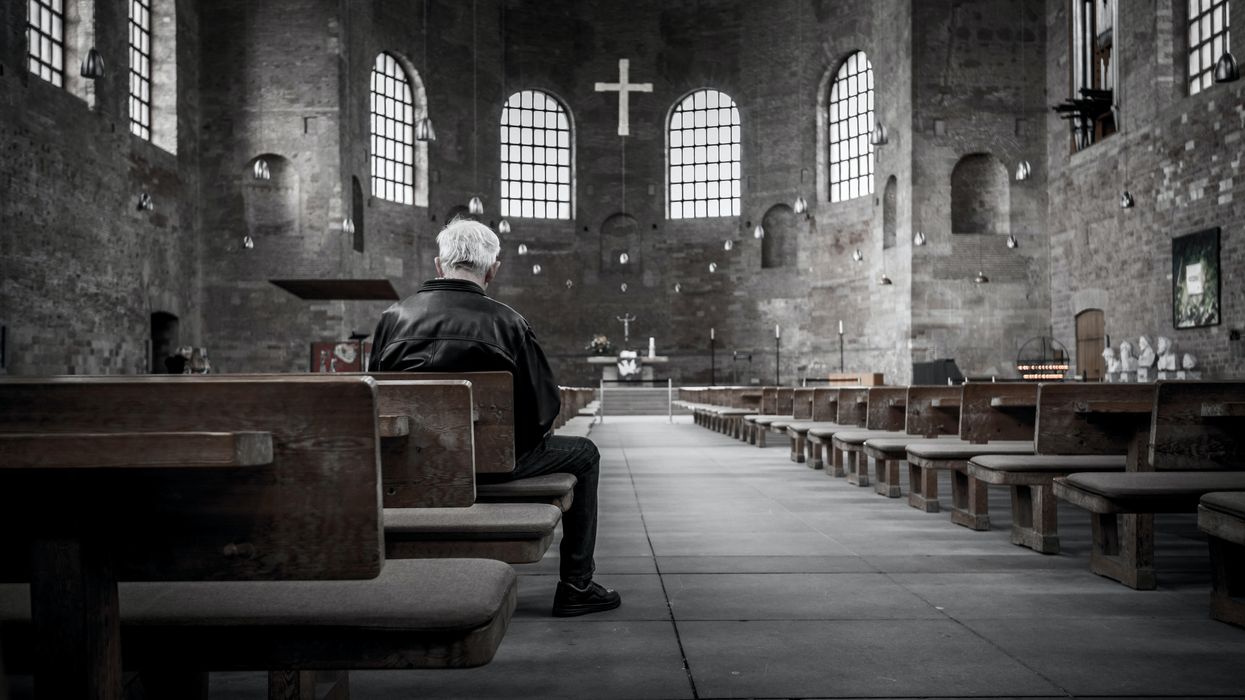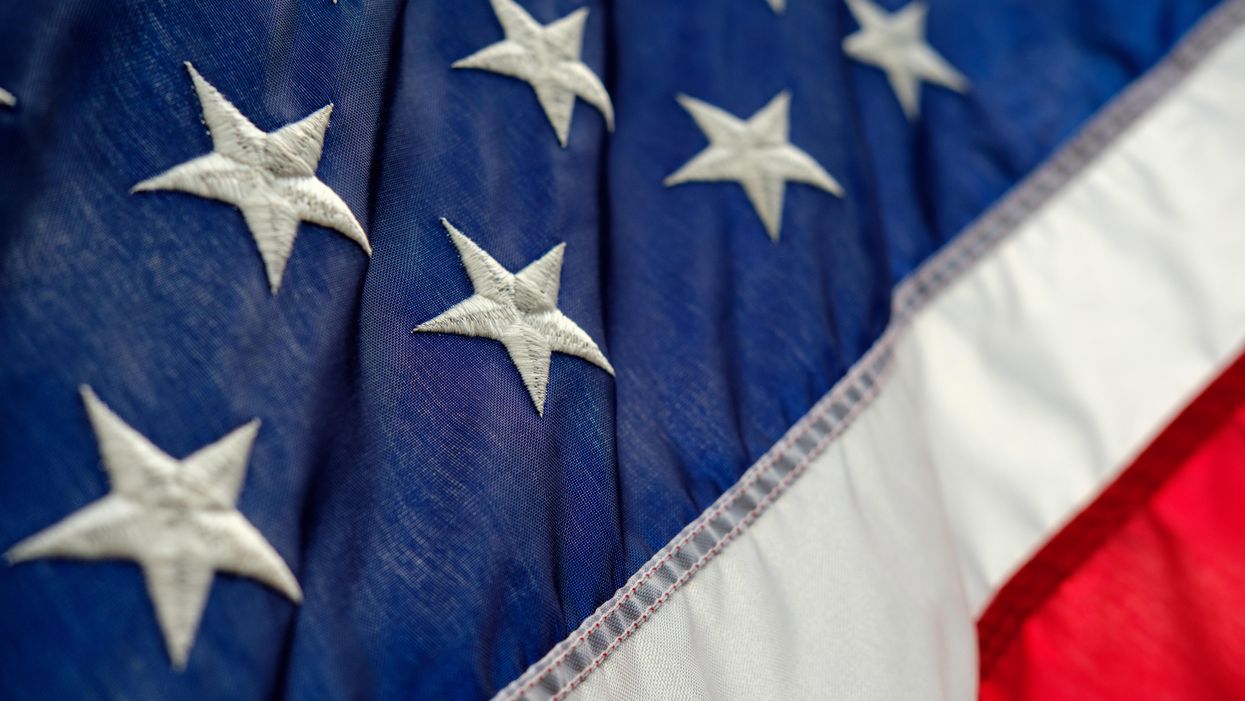Project 2025 Would Wreck Our Daily Lives -- Including Weather Forecasts
A lot of disaster is packed into the 900+ pages of the Heritage Foundation’s Project 2025. Between the scheme to turn the federal government into the servant of an imperial president, and the plan to force Christian nationalism into every aspect of American life, it’s easy to get lost in the details.
One of those details is the plot to gut the National Oceanic and Atmospheric Administration, including the National Weather Service. Project 2025 calls for that agency to “be dismantled and many of its functions eliminated, sent to other agencies, privatized, or placed under the control of states and territories.”
Why get rid of an agency providing such singularly useful information not only used by many Americans daily, but also the basis for forecasts that appear on most local radio and television stations? There are three reasons. One of these is profit. The other two are … also profit.
Project 2025 doesn’t hesitate to explain the primary reason why it has put such a vital agency in the crosshairs. According to Heritage, the various components of NOAA:
... form a colossal operation that has become one of the main drivers of the climate change alarm industry and, as such, is harmful to future U.S. prosperity. This industry’s mission emphasis on prediction and management seems designed around the fatal conceit of planning for the unplannable. That is not to say NOAA is useless, but its current organization corrupts its useful functions. It should be broken up and downsized.
In other words, the problem with the weather service is that it tries to predict the weather. And all too often that involves making people aware that we are experiencing an unprecedented period of rising heat around the globe. That’s something Project 2025 means to stop.
Protecting the fossil fuel industry is a key feature of the plan. Blocking any expression of concern about the climate crisis is so important to Project 2025’s goals that it calls on the National Security Council to block the promotion of any military officer who expresses concern over climate change or “other polarizing policies.” (This is currently on page 52 of the plan, but page numbers have been altered several times since the plan’s first publication, making it more difficult to reference components of Project 2025.)
As The Atlanticreports, the NWS provides Americans with current weather conditions; short-term and long-term forecasts; and warnings for tornadoes, hurricanes, severe storms, floods, and excessive heat. It does all this at a cost of about $4 per person.
But Project 2025 wants to hand over these tasks to commercial services, specifically mentioning commercial firm AccuWeather. It admits that services like AccuWeather completely depend on data provided by NOAA, and wants that to continue; It just wants to hide the government service behind the commercial product, ensuring profit and keeping citizens from connecting their government with such a useful service.
That way commercial services get the profit, and the credit, while what remains of the government agency toils thanklessly in the background. Also, Americans don’t get exposed to the idea that government bureaucrats and scientists are doing something of value.
According to the actual report, Project 2025 also wants to eliminate most of the National Oceanic Service and National Marine Fisheries Service, turning over survey functions to the United States Geological Survey, and ending functions that are designed to protect large areas of the ocean from overfishing by commercial fleets. That includes weakening protections to seals, otters, and whales under the Marine Mammal Protection Act and the Endangered Species Act.
The reduction of these offices would also limit NOAA’s ability to provide permits for offshore wind power. According to Project 2025, permitting wind facilities generates a “detriment of fisheries and other existing ocean-based industries.” In other words, your clean energy is getting in the way of our overfishing and oil platforms.
But the biggest target of the plan is the Office of Oceanic and Atmospheric Research:
OAR is, however, the source of much of NOAA’s climate alarmism. The preponderance of its climate-change research should be disbanded.
Put it together and Project 2025 isn’t stealthy about what it wants to do:
- Protect the profits of the fossil fuel industry by eliminating the ability of NOAA to research and report on the climate crisis and by restricting the permitting of wind farms.
- Project the profit of commercial weather services by eliminating features that Americans get now from the National Weather Service and making Americans reliant on for-profit forecasts.
- Protect the profit of commercial fishermen by eliminating offices that oversee protected areas and weakening rules around causing harm to the environment and endangered animals.
As Ben Jealous writing for the Sierra Club points out, not only is Project 2025 the product of one of the largest Republican think tanks, more than 100 other right-wing groups have signed on to the plan. This isn’t the design of one splinter group; This is a Republican effort spearheaded by a massive organization that is the primary sponsor of the RNC and employed dozens of former Trump staffers in Project 2025’s creation.
When talking about climate change, the parable of the boiling frog is often used. A frog, says the myth, if placed in a pot of cold water, will remain in that water even as it gets hotter and hotter, never escaping before being boiled alive.
Project 2025’s big plan for NOAA is designed to keep Americans in the pot until it boils. And make sure they never get a free look at the thermometer.
Reprinted with permission from Daily Kos.












